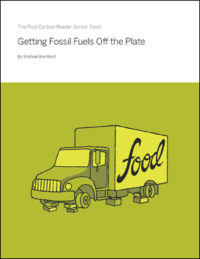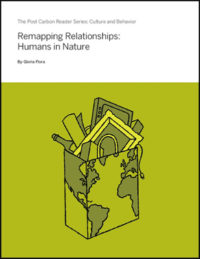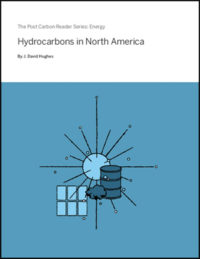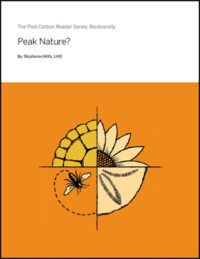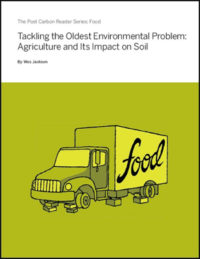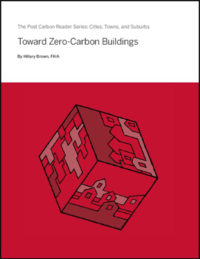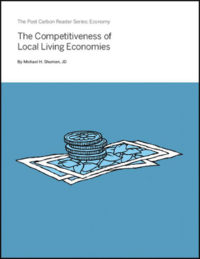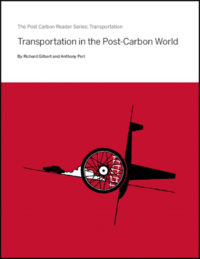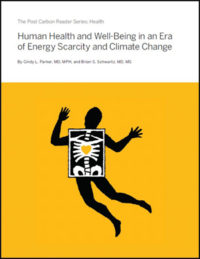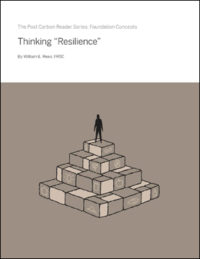
Thinking “Resilience”
The bottom line for sustainability is that any proposal for sustainable development that does not explicitly acknowledge a system’s resilience is simply not going to keep delivering the goods (or services). Resilience science is based on the simple premise that change is inevitable and that attempts to resist change or control it in any strict […]

